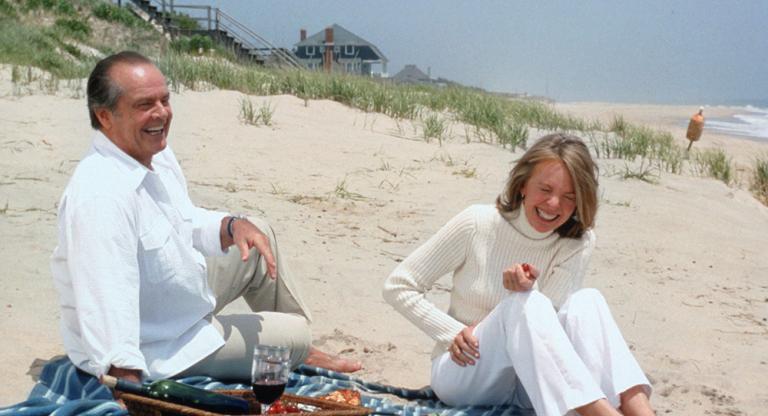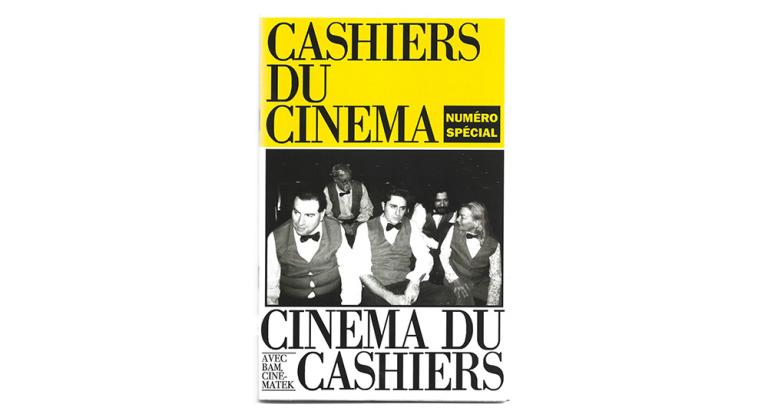Through the haze of TikToks and Instagram reels, CG animations, AI-generated individuals, and a general blurring of the real and the rendered, one can glean a sense of how it looks and feels to be online today. Culled together by Filip Kostic and Tomi Faison, the selection of videos presented in “Three Short Blocks”—with programs presented across a three-day moving image festival at SARA’S—conjures that familiar daily onslaught of images, and plays upon our ironic inability to both pay attention and to look away from our screens. What the works on view nevertheless manage to convey through the blinders of our non-existent attention spans are highly affective stories about cultural conditioning, abusive relationships, capitalism’s ills, and, not at all surprisingly, the ungodly power of social media—which can just as easily make you famous, get you arrested, and secure your acquittal.
While the titles featured in “Three Short Blocks” may at first appear to put on display behaviors and communities that are highly eccentric, deeply questionable, or generally outside of the norm—the subreddit of all subreddits—they ultimately make one consider just how much the internet has enabled our own self-sorting, and thus how prevalent our hyper-specific communities really are. The veritable micro-worlds on view range widely: Abby Lloyd’s video embraces the innocent charm of baby butts in Baby Wonderland (2014). Andy Bennett examines the sincere (though compulsive) emotional attachments formed with inanimate objects in Subjects and Objects (2022). John Menick forecasts AI’s growing power and eventual self-annihilation in Autoextinction (2023). Mark Fingerhut highlights our tacit submission to the algorithmic engines that dictate virtual experiences as his custom software takes control of a user’s computer in Goblin.exe (2021), mining their files and search history.
AI-generated animated shorts by Jon Rafman, from his project titled Counterfeit Poasts (2022), serve as interludes, foreshadowing or enhancing the surrounding works. For example, a man gaslights his girlfriend about the existence of her dog, before Zarina Nares’s GRWM (2023, pictured above), an intense amalgamation of footage sourced from “get ready with me” videos on TikTok, YouTube, and Tumblr., The short clips that comprise Nares’s video discuss the telltale signs and symptoms of being in a relationship with a narcissist—as well as those gendered narratives and manipulative valuations of age and beauty that shape one’s sense of self as a woman, now and since the (Biblical) beginning of time.
By combining quotes from James Baldwin and Mark Fisher, Nares observes that “the challenge of your generation . . . is how do we articulate any kind of critique of digital culture without sounding like conservatives?” When virtual spaces represent a heightened degree of both self expression and anonymity, borderless friendship and unchecked hate, how can we express a desire for care and conviviality without condemning the very thing that brought us here together in the first place?
The videos included in “Three Short Blocks” may not provide answers to such questions, but by relinquishing any responsibility to the real, the artists demonstrate just how divergent our respective understandings of reality may be.
“Three Short Blocks” screen as part of Scrap Yard Screenings, running this weekend, September 1–3, at SARA’S.



